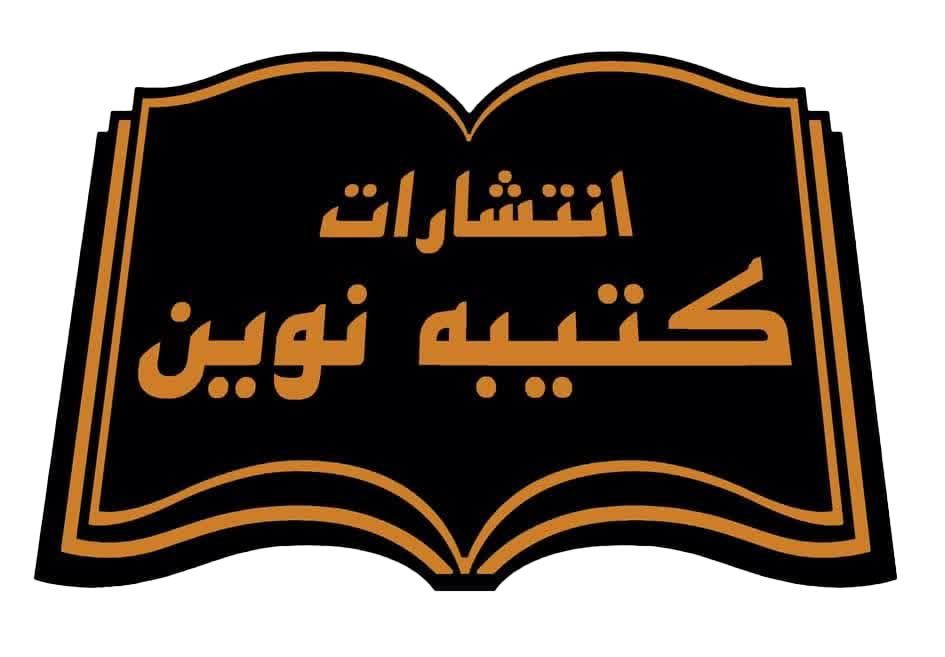Introduction: English for specific purpose is an approach to language teaching which aims to meet the needs of particular learners. In some countries like Iran, Different teachers with different university degrees can teach ESP. This book aimed at investigating the relationship between Iranian ESP teachers’ self-efficacy and their expertise in order to understand who is more qualified for teaching English for specific purpose (ESP) from teacher’s view. The data of this book were collected by using one basic instrument: Teacher’s Sense of Efficacy Scale (long form). The participants of the book were 183 both female and male ESP teachers randomly selected from among the state, azad and payam noor Universities of Iran. The data was analyzed using two way ANOVA and t-test to determine the effect of experience and expertise on self-efficacy and the effect of degree and expertise on self-efficacy. The book concluded that by considering the experience variable, both content and English teachers with high experience are good for teaching ESP, and by considering the university degree variable, there was no significant difference between content and English teachers. Finally, there was positive relationship between Iranian ESP Teachers’ Self-efficacy and their Expertise.
Keyword: Teacher Characteristics, Student Characteristics, Investigating Teachers’ Self-efficacy and their Expertise, Social Cognitive Theory and Self-efficacy, Rand studies and Rotter’s Theory of Locus of Control, Gibson and Dembo’s (1984) Teacher Efficacy Scale, Integrated Model and Teachers’ Sense of Efficacy Scale, Impacts of Altering Attitudes toward the English Language, English Teachers’ Sense of Efficacy in the EFL Setting, English for Specific Purposes, Needs Analysis in ESP Course Design, ESP Teachers, Out comes, Backwash to pertaining to Experience and Expertise, Interpretation of the issue, Pedagogical Implications, Notes for the Studies to Come, Limitations of the this book
















نقد و بررسیها
هیچ دیدگاهی برای این محصول نوشته نشده است.